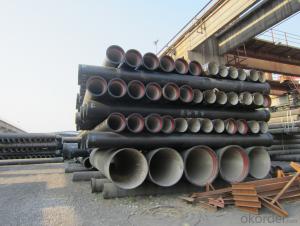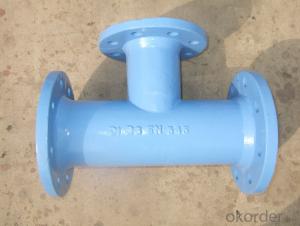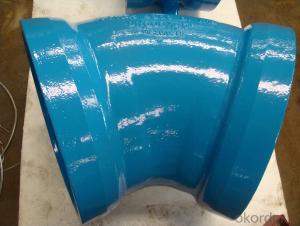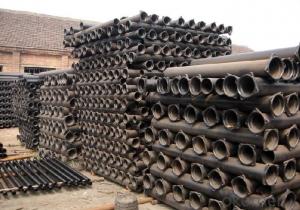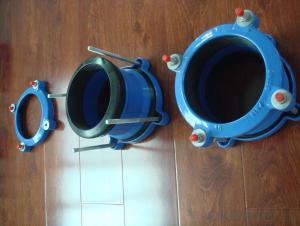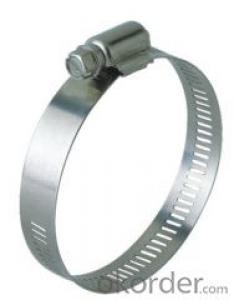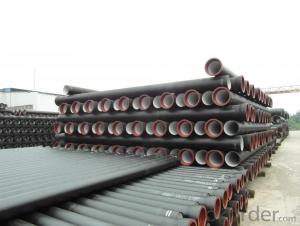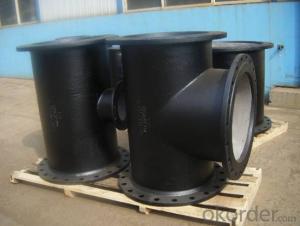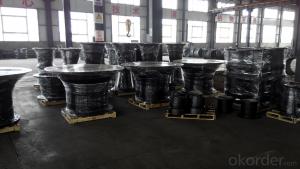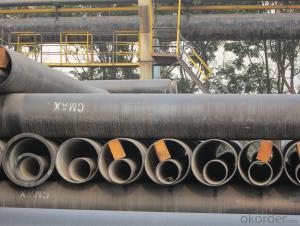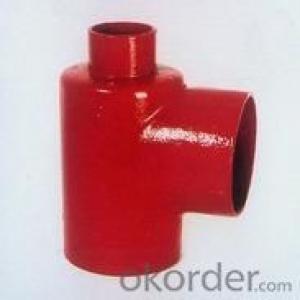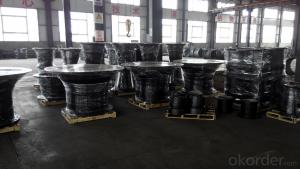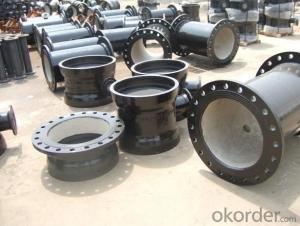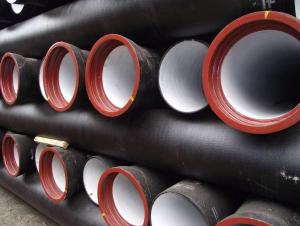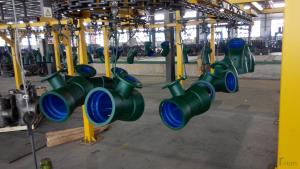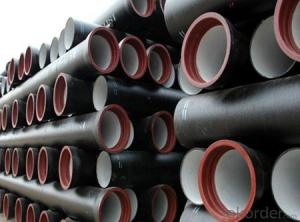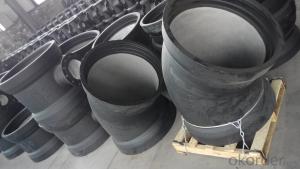All Categories
- - Steel Wire Rod
- - Steel Coils
- - Steel Profiles
- - Steel Pipes
- - Stainless Steel
- - Tinplate
- - Special Steel
- - Steel Sheets
- - Steel Rebars
- - Steel Strips
- - Hot Rolled Steel
- - Cold Rolled Steel
- - Pre-painted Steel
- - Seamless Steel Pipe
- - Welded Steel Pipe
- - Hollow Steel Tubes
- - Galvanized Pipe
- - Stainless Steel Coil
- - Stainless Steel Sheet
- - Stainless Steel Plate
- - Stainless Steel Strips
- - Electrolytic Tinplate Coil
- - Electrolytic Tinplate Sheet
- - Stainless Steel Rebars
- - Solar Panels
- - Solar Water Heater
- - Solar Related Products
- - Solar Inverter
- - Solar Cells
- - Solar Light
- - Solar Energy Systems
- - Solar Controllers
- - Solar Mounting System
- - Solar Pump
- - Solar Chargers
- - Fiberglass Chopped Strand
- - Fiberglass Mesh Cloth
- - Composite Pipes
- - FRP Pultrusion Profiles
- - Fiberglass Mat Tissue
- - Fiberglass Fabrics
- - Fiberglass Mesh
- - Composite Tank
- - Fiberglass Mesh tape
- - Polymer
- - FRP Roofing Panel
- - Fiberglass Roving
- - Monolithic Refractories
- - Ceramic Fiber Products
- - Refractory Bricks
- - Raw Materials For Refractory
- - Suspended Platform
- - Cranes
- - Concrete Machinery
- - Earthmoving Machinery
- - Building Hoist
- - Road Building Machinery
- - Plastic Pipe Fittings
- - Plastic Tubes
- - Plastic Sheets
- - Agricultural Plastic Products
- - Plastic Nets
 All Categories
All Categories
Q & A
How are ductile iron pipe fittings inspected for manufacturing defects before shipment?
Ductile iron pipe fittings are inspected for manufacturing defects before shipment through various methods, including visual inspection, dimensional measurements, and non-destructive testing techniques. Visual inspection involves checking for any visible defects or abnormalities on the surface of the fittings, such as cracks, pits, or rough surfaces. Dimensional measurements ensure that the fittings meet the specified size and tolerance requirements. Additionally, non-destructive testing techniques like ultrasonic testing or magnetic particle inspection are employed to detect any hidden defects or discontinuities within the fittings. These inspection processes help ensure that only defect-free fittings are shipped to customers, guaranteeing their quality and functionality.
How do you install a ductile iron pipe saddle?
To install a ductile iron pipe saddle, you need to first clean the area where the saddle will be attached. Then, mark the desired location on the pipe. Next, secure the saddle onto the pipe by tightening the bolts or clamps provided. Ensure that the saddle is centered and aligned properly with the pipe. Finally, make sure that the saddle is securely fastened and leak-free before using the pipe.
Are ductile iron pipe fittings suitable for chemical processing plants?
Yes, ductile iron pipe fittings are suitable for chemical processing plants. Ductile iron is known for its high strength and durability, making it resistant to corrosion and chemical reactions. Additionally, ductile iron pipe fittings have excellent mechanical properties and can withstand high pressure and temperature conditions commonly found in chemical processing plants.
What are the different types of mechanical joint restraints used with ductile iron pipe fittings?
There are several types of mechanical joint restraints commonly used with ductile iron pipe fittings, including wedge action restraints, split restraints, and gland-type restraints. These restraints are designed to prevent separation or movement of the pipe fittings under pressure or external forces, ensuring the integrity and stability of the pipeline system.
Wholesale Ductile Iron Pipe Fittings from supplier in Kiribati
Whether you're in need of Ductile Iron Pipe Fittings for water supply, sewage systems, or any other application, we have the expertise to meet your requirements. Our range of products includes various types of fittings, such as tees, elbows, bends, reducers, and flanges, all manufactured to the highest industry standards.
We understand the unique challenges of the Kiribati market and have tailored our offerings to suit local conditions. Our team of experts will work closely with you to understand your specific needs and provide customized solutions. We can assist you with product selection, technical support, and project management to ensure a smooth and successful execution.
As part of CNBM, we have access to a vast network of manufacturing facilities and resources, allowing us to deliver high-quality products at competitive prices. Our commitment to quality is reflected in our adherence to international standards and certifications. We also prioritize sustainability and environmentally friendly practices in our operations.
In addition to supplying Ductile Iron Pipe Fittings, we offer a range of value-added services to support your projects. These include product customization, logistics management, and after-sales support. Our goal is to be your trusted partner throughout the procurement process, providing reliable and efficient solutions.
Contact us today to discuss your Ductile Iron Pipe Fittings requirements in Kiribati. Our dedicated team is ready to assist you and ensure the success of your projects.
We understand the unique challenges of the Kiribati market and have tailored our offerings to suit local conditions. Our team of experts will work closely with you to understand your specific needs and provide customized solutions. We can assist you with product selection, technical support, and project management to ensure a smooth and successful execution.
As part of CNBM, we have access to a vast network of manufacturing facilities and resources, allowing us to deliver high-quality products at competitive prices. Our commitment to quality is reflected in our adherence to international standards and certifications. We also prioritize sustainability and environmentally friendly practices in our operations.
In addition to supplying Ductile Iron Pipe Fittings, we offer a range of value-added services to support your projects. These include product customization, logistics management, and after-sales support. Our goal is to be your trusted partner throughout the procurement process, providing reliable and efficient solutions.
Contact us today to discuss your Ductile Iron Pipe Fittings requirements in Kiribati. Our dedicated team is ready to assist you and ensure the success of your projects.
Hot Search
- Ductile Iron Pipes in Montenegro
- Ductile Iron Pipe Fittings in Tuvalu
- Ductile Iron Pipe Fittings in Fiji
- Ductile Iron Pipes in Georgia
- Ductile Iron Pipes in Honduras
- Ductile Iron Pipe Fittings in Mali
- Ductile Iron Pipe Fittings in Swaziland
- Ductile Iron Pipe Fittings in Mexico
- Ductile Iron Pipes in Argentina
- Ductile Iron Pipe Fittings in Libya
